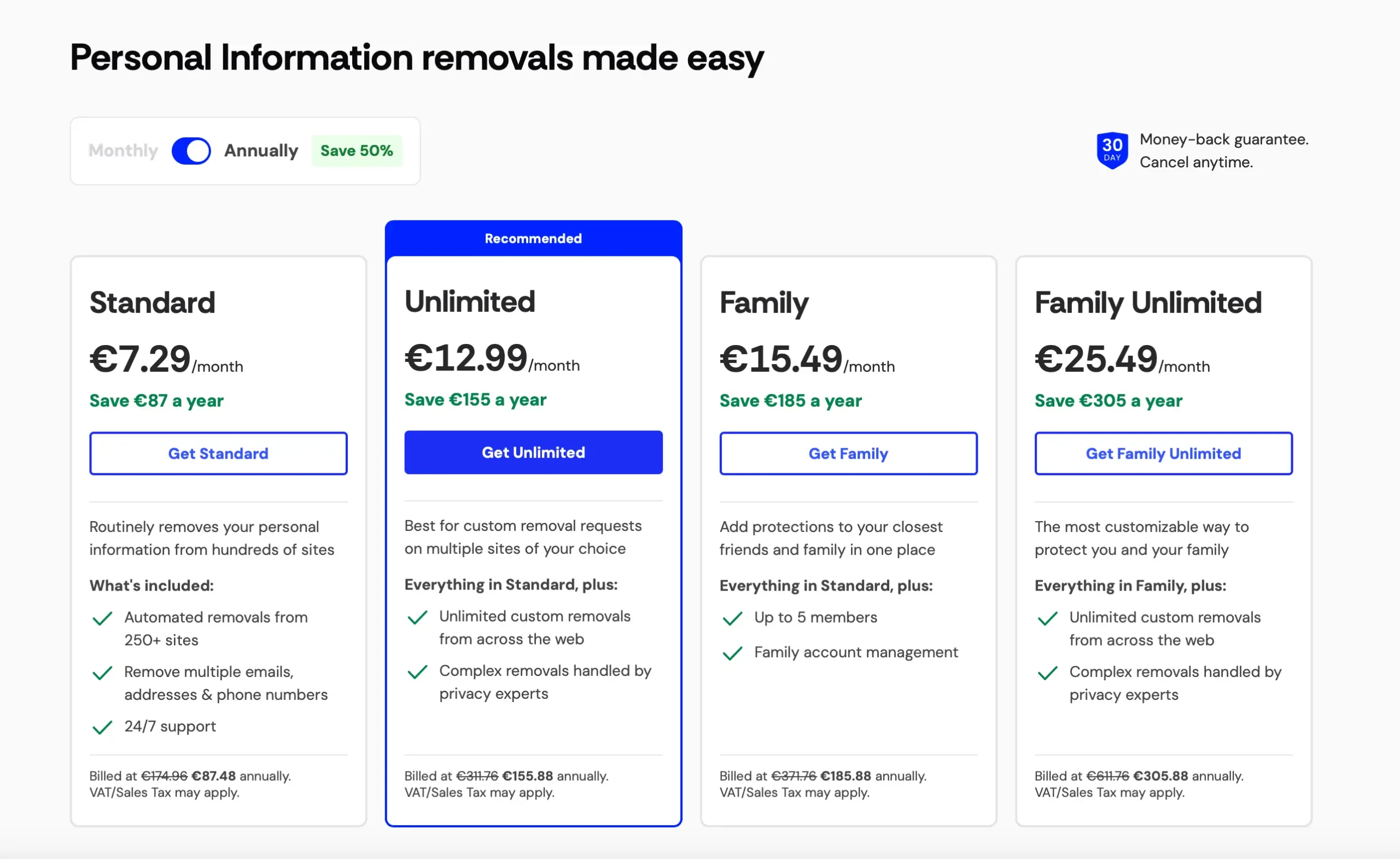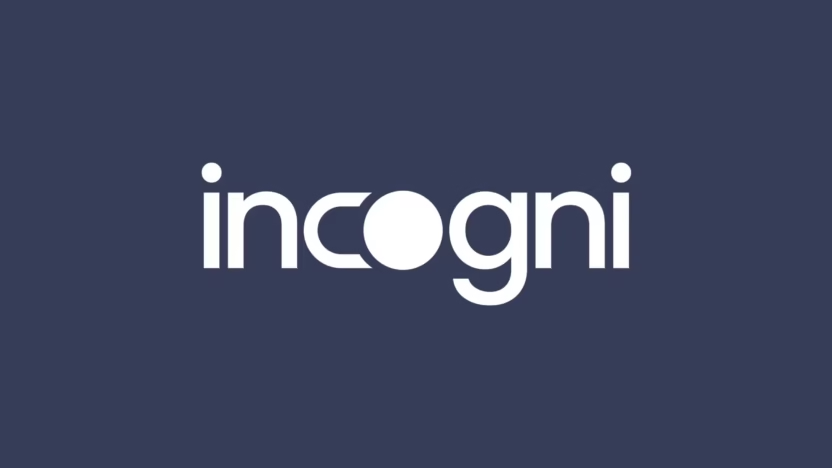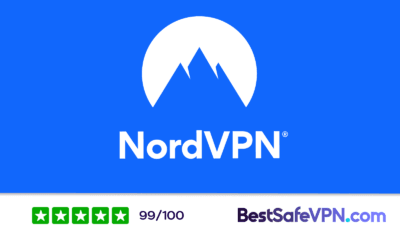Sometimes I feel like we live in a digital shop window. Whether I’m looking for a new pair of running shoes or just checking out a video on healthy cooking, a few hours later I’m popping up an ad for the exact same thing. It’s like someone’s looking over my shoulder. And you know what? It’s kind of happening.
Who’s watching us? Meet the data brokers

Data brokers are not a sci-fi mafia, but real companies that collect, analyse and sell information about us – what we do online, where we live, what we buy, what our health status is, or if we’ve ever been in trouble with the law. And they often know more than we can imagine.
Some of these companies operate in Europe, most in the US. Together they form a grey area of the data business that the average internet user almost never sees. But their impact is felt by all of us – in the form of personalised ads, altered insurance rates or even in mortgage decisions.
That’s where Incogni comes into play – a service that contacts dozens to hundreds of these companies on your behalf and requests that your data be deleted. And there’s no shortage of them…
How many companies does Incogni cover?
Incogni now covers over 250 different data brokers and people search sites – from marketing ones to venture capitalists providing information to banks and HR departments. This list is constantly growing and Incogni is continually adding new ones.
To make it not just theoretical, I have prepared clear tables by type of company. Below you will find some of them:
1. Marketing data brokers (example table)
| Name | Web address | Riskiness (1-10) | Scope |
|---|---|---|---|
| Acxiom | https://www.acxiom.com/ | 8 | USA |
| Altair Data Resources | https://www.altairdata.com/ | 8 | USA |
| Datasys | https://datasys.com/ | 8 | USA |
| Focus USA | https://www.focus-usa.com/ | 8 | USA |
| US Data Corporation | https://www.usdatacorporation.com/ | 8 | USA |
These companies track our online behaviour, analyse what interests us and then sell access to this data to companies that show us “precisely targeted” ads.
2. People search sites – your data literally online
| Name | Web address | Risk | Scope |
|---|---|---|---|
| PeopleFinders | https://www.peoplefinders.com | 7 | USA |
| Inforver | https://www.inforver.com | 7 | USA |
| NamesAndFacts | https://namesandfacts.com/ | 7 | USA |
| MugshotLook | https://www.mugshotlook.com/ | 6 | USA |
| FreePeopleSearch | https://freepeoplesearch.com/ | 5 | USA |
This is where we get more serious. These sites often display entire profiles of people, including address, phone number, age, family members or even photos and past records. All online. Often for free. And yes – they can find you there too.
3. Data brokers focused on “risk mitigation”
These companies work with insurance companies, investment groups or HR departments. They’re looking for information like, “Is this person trustworthy?” or, “Does he have a record on him?”
| Name | Web address | Risk | Scope |
|---|---|---|---|
| Enformion | https://www.enformion.com/ | 6 | USA |
| Equifax | https://www.equifax.com/ | 8 | USA |
| Qualfon | https://www.qualfon.com/ | 10 | USA |
| HealthWise Data | https://www.healthwisedata.com/ | 6 | USA |
| Deluxe | https://www.deluxe.com | 8 | USA |
What exactly does Incogni do?
When you activate Incogni, you sign a power of attorney (digitally) that allows the Incogni team to reach out to individual data brokers on your behalf. In doing so, they use applicable laws (including GDPR and CCPA) to request the deletion of your personal data.
- You will get an overview of who has you in their database.
- Incogni tracks the status of each request – whether it has been accepted, rejected or processed.
- The whole process is automatic – no communication is expected from you.
And the best part? The service works for European users too.
How do data brokers actually get access to our data?
Let’s face it – the moment we click “I agree” to cookies, register for an e-shop, fill out an online survey or download an app, we are often unknowingly giving permission for data to be collected and shared.
And that’s grist for the mill for data brokers.
Here are some of the main ways they collect our data:
| Method of collection | Examples |
|---|---|
| Cookies and tracking pixels | Advertising banners, tracking of e-shop visits |
| Online registration and accounts | E-shops, competitions, newsletters |
| Public databases | Real estate cadastres, business registers |
| Social networks and public profiles | Facebook, LinkedIn, public profiles |
| Applications and their permissions | Gaming, fitness and navigation apps |
It’s a mosaic that companies put together very carefully – and the result is a surprisingly accurate picture of each of us.
Data sensitivity: which information is most at risk?
Incogni assigns each broker a Data Sensitivity Score, a data sensitivity score on a scale of 1 to 10.
- 1-3 (low risk): technical identifiers, common demographics
- 4-6 (medium risk): contact information, interests, purchasing behaviour
- 7-10 (high risk): health and financial data, records
For example, AllPeople has a rating of 10 – it collects and displays an extreme amount of personal data, including contacts and job titles. Ekata (EU), on the other hand, has a rating of only 3 because it handles less sensitive data.
Why is now the right time to clean up your data?
With the advent of AI and automated systems, working with data is getting faster. It’s no longer just about someone “targeting” you on Facebook. Your data can translate into:
- scoring when applying for a loan,
- selecting a candidate for the job,
- the amount of the premium the insurer will offer you,
- or even what type of offers you see online in the first place.
And while GDPR brings some protection in the EU, enforcing it across hundreds of data companies is not easy – and that’s where Incogni makes a lot of sense.
What does Incogni do for you?
In practice, it works as a kind of “lawyer in your pocket”:
✅ automatically reaches hundreds of data brokers,
✅ request the deletion of your data in accordance with the GDPR/CCPA,
✅ tracks the status of each request and archives the responses,
✅ notifies you of new brokers who have re-added you.
You don’t have to deal with any emails, any legal wording. Just keep track of how many of your records have disappeared in the dashboard.

And what categories of brokers does Incogni cover?
Overview by type (short version):
| Categories of brokers | What they collect and do |
|---|---|
| Marketing | Purchase history, online behaviour, demographics |
| People Search Sites | Publicly available profiles, addresses, relatives, records |
| Risk Mitigation | Work, financial, health and criminal background |
| Recruitment | Information useful in HR and recruitment |
With these categories, you can see exactly which companies are following you and why – and who Incogni is saying “Enough!” to.
Summary: Why does it make sense to delete yourself from these databases?
- It’s not about paranoia, it’s about control over your own digital footprint.
- Your email, address and phone number are already stored somewhere – and maybe even public.
- A service like Incogni can give you some of your privacy back – quickly and legally.
Recommendations in conclusion
If you’ve ever received a call from an unknown number with an “investment offer”, or an email with a name you’ve only given once in your life on one particular website… you already know where the wind is blowing from.
Incogni makes perfect sense to me if:
✔️ you care about privacy,
✔️ you don’t want to spend hours manually reaching out to data brokers,
✔️ and you want to know what’s happening with your data.




